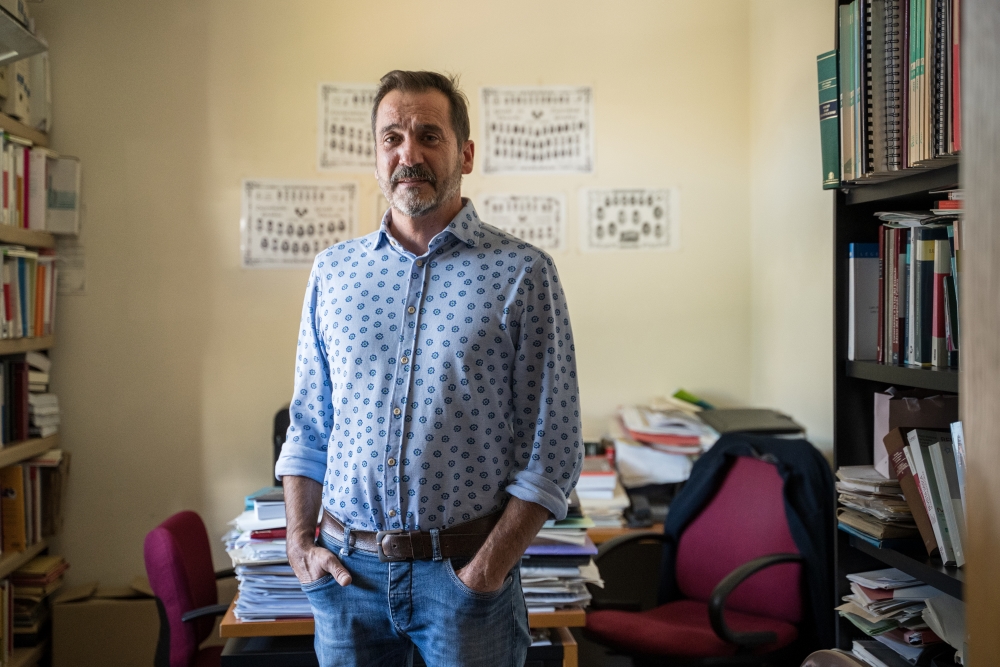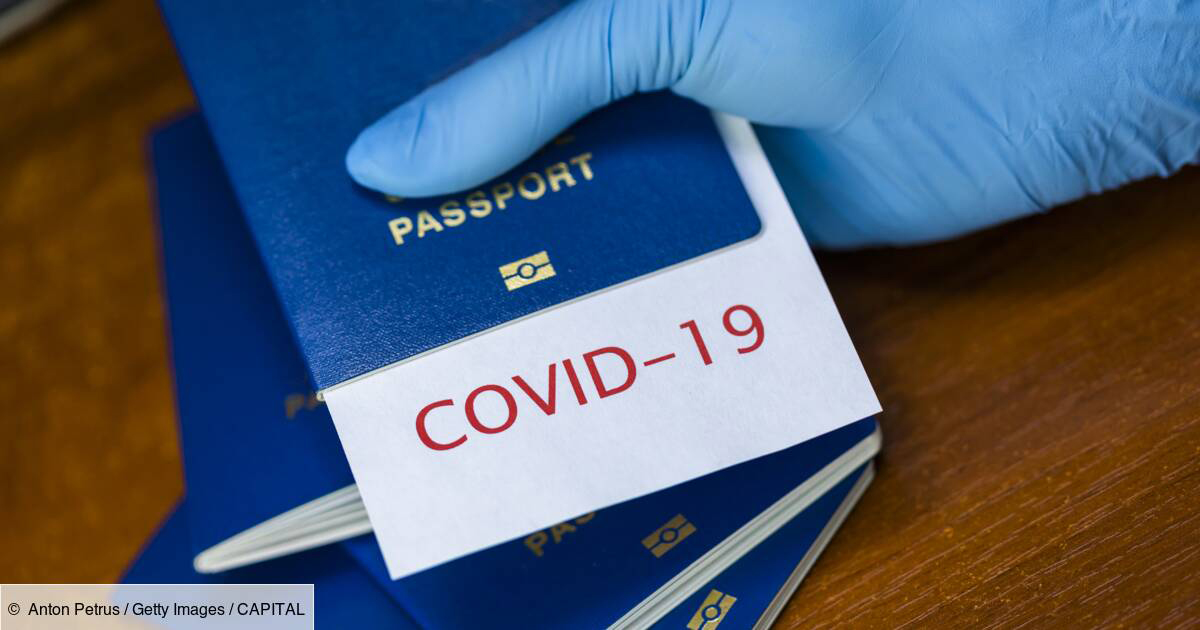Japan dismisses lockdown
- Japan decreed confinement in early April, three months after the first coronavirus cases appeared. New outbreaks appeared in the capital and in major cities, and established confinement in 47 prefectures of the country. In less than 40 new cases a day in two weeks, the Prime Minister has decided to lift the lockdown.

Japan was one of the first countries to experience the coronavirus epidemic after China and South Korea. The virus seemed to have been left behind, as by April there were 1,800 infections and 55 deaths in the country of origin. But on 7 April, the first day that China did not count fatalities, Shinzo Abe decreed confinement due to the increase in new cases.
To date, the country has recorded a total of 16,550 infections and more than 820 deaths. Of these, 5,152 have taken place in the same city of Tokyo. The capital has seen a resurgence of cases, reaching its historical peak on April 17, with 206 new infections. In the past two weeks, the capital has recorded less than 40 cases and the Government has decided that it is time to return to normal.
A rich health system
The Asian country has one of the richest economies in the world, allowing it to have a strong health system. However, despite the available resources, it has begun to care for the most serious patients to prevent hospitals from crowding out. It has also not been subjected to mass testing, and has focused on areas where there were many infections. Many experts criticise this attitude as they believe that South Korea has sufficient means to carry out mass test programmes such as the one that was launched.
Japanese lockdown
Containment in Japan has been smoother than in Europe and the rest of the world. Citizens have not been forbidden to go out into the streets, but have received the "recommendation" from the Prime Minister. Many criticise the fact that AB measures are too fragile. Indeed, even in the territories decreed by the confinement, the governors left in the hands of the governors the closure of educational centers and places where agglomerations of people originate.
The measures have been appropriate to the will of the citizens. They cannot be punished for failing to comply with the confinement, as there is no obligation to do so. In addition, it has called on citizens to maintain security measures, to work from home and not to make non-essential departures. But the international media, instead of applauding the work of the Prime Minister, have applauded the citizens, underlining their awareness that they could go out into the streets.
Japan was a country with a very assumed idea of authoritarianism until World War II. From 1947 on, the BBC says that it is a country with a very assumed idea of human rights and freedoms, and that is why it is so difficult for it to declare a state of alarm and reduce the freedom of the people. For this reason, in order not to fall into controversy, ABE has given the governors the closure of the centres and raised awareness of citizenship.
Horren arabera, datorren astelehenetik aurrera, orain arte COVID-19ari aurre egiteko neurriak bertan behera geratuko dira Eusko Jaurlaritzaren eskumeneko alorretan. Labi bera ere desegin egingo dute.
That's the summer that we have, and with it the holidays that we usually link to this season, as if they were a reward to everything that has been given throughout the year. And again people want to go away. He wants to be on the famous coast, marvelous nature or the world's... [+]






















